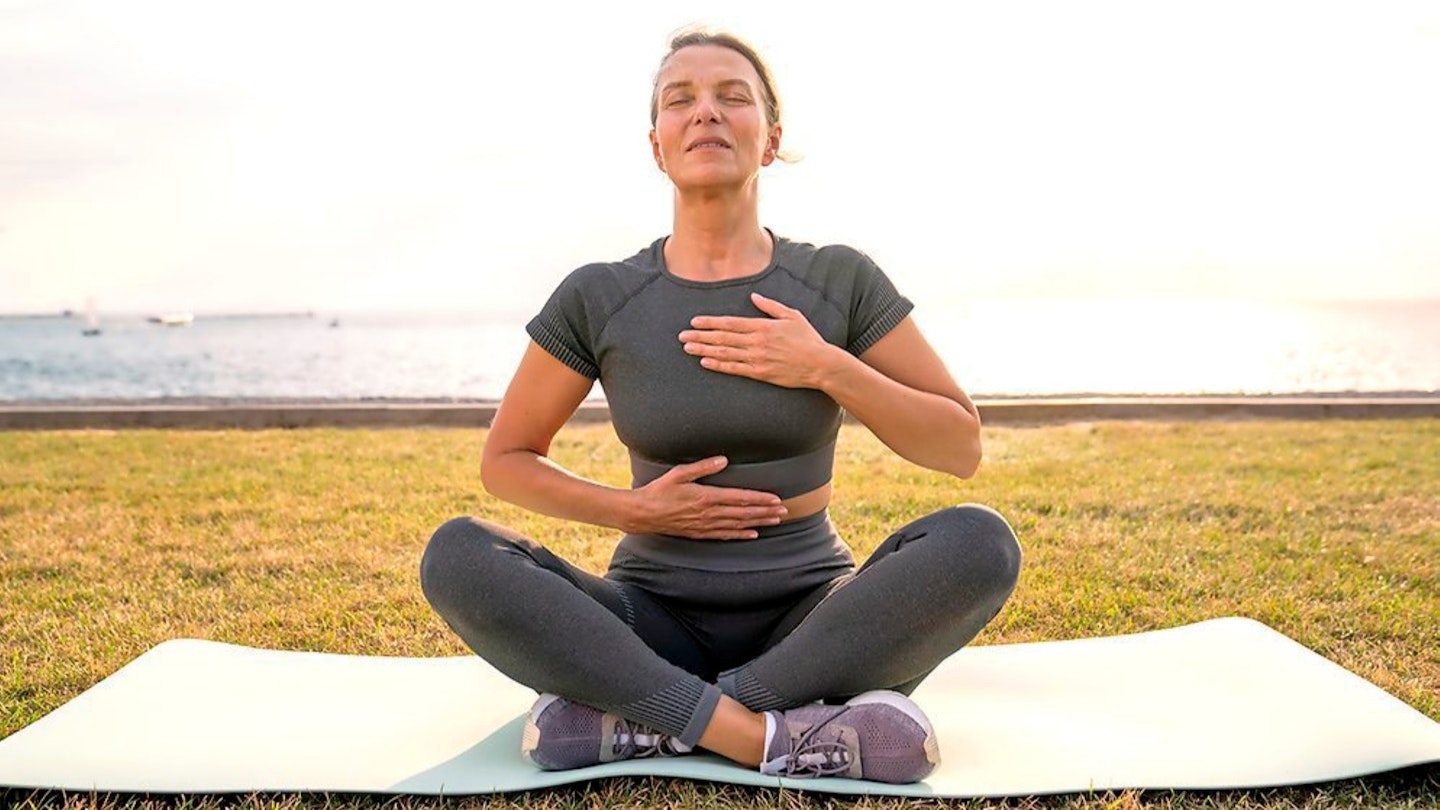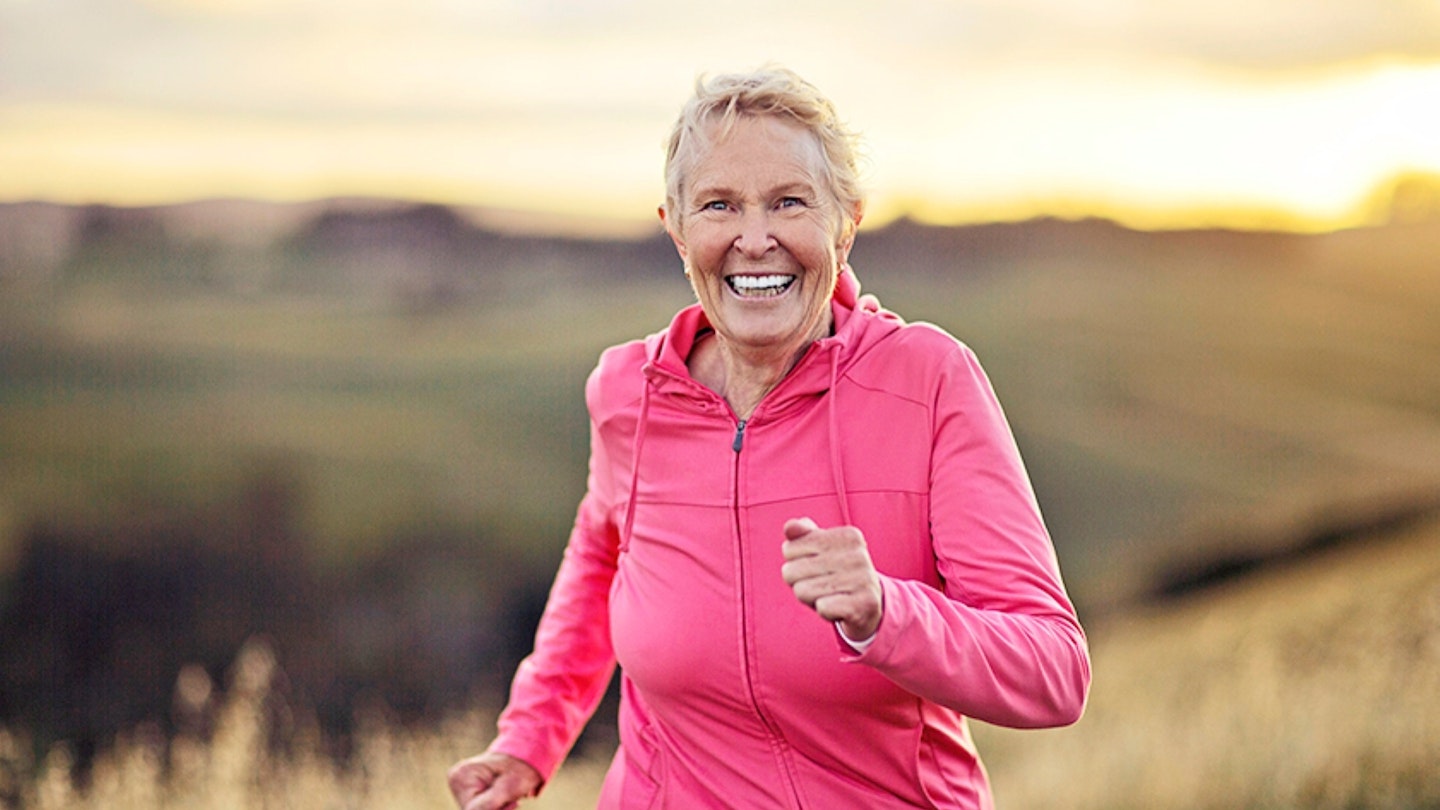How well do you breathe? It might seem like a simple question since breathing is automatic, but learning how to breathe properly is essential for maintaining lung health and overall wellbeing. Many factors affect our lungs, from aging to lifestyle choices.
Why understanding how to breathe matters
“Our lungs mature by the age of 20-25, and after that, lung function naturally declines with age,” explains Dr. Raj Arora. “Like any muscle in the body, the lungs can weaken, leading to shortness of breath.” But while aging is inevitable, many other factors that impact lung health are within our control.
The same goes for our rib cage, which we need to move for breathing to take place. “As we age, the rib cage bones can become thinner and this can make breathing more difficult,” says Dr Arora. Nerve function also reduces, which means the nerves that trigger coughing can become less sensitive to foreign particles. “This can lead to a build-up of particles in the lung, and these can damage tissue,” Dr Arora says. “Our immune system can also get weaker as we age, leading to more lung infections and viruses such as pneumonia and influenza.”

Common factors that affect how we breathe
While ageing is inevitable, other factors are under our control.
Smoking
Unsurprisingly, smoking tops the list of the worst culprits. “Smoking is linked to lung diseases including COPD, idiopathic pulmonary fibrosis, and asthma,” Dr Arora says. “Second-hand smoke can also damage the lungs.”
Air pollution
Meanwhile, a recent study of 250,000 people in the UK found that air pollution is likely to speed up the progression of lung disease. Dust, dirt and soot make up something called particulate matter, which can be damaging to the lungs, while short-term exposure to nitrogen dioxide produced from vehicle exhaust can inflame the airways and cause respiratory problems.
Additionally, air pollutants can aggravate conditions like hayfever, increasing discomfort and respiratory sensitivity.
Illness and health issues
We’re also living with a new health legacy. “Covid 19 can lead to inflammation in the lungs due to the infection and the immune system’s reaction to it,” explains Dr Arora. “The inflammation may improve over time, but in some people it persists. As a GP, I am certainly seeing patients who have Long Covid symptoms, and a lot of patients who suffered with severe symptoms of Covid-19 are reporting persistent breathlessness, particularly on exertion, as well as severe coughing fits and repeated chest infections or respiratory viruses. This may all be due to lung inflammation and scarring post-COVID-19, which current studies are exploring in more detail.”
How to breathe better and protect your lungs
So what can we do to improve our lung health, now and moving into older age? Moving as much as possible is important for both lung and overall cardiovascular health. Experts recommend 30 minutes a day for moderate cardio activity, including jogging, brisk walking, and even housework and gardening activity. “Aerobic activities help exercise your lungs, so they function more efficiently,” says Dr Arora.

Don’t forget a healthy diet – figures show that adults classified as obese with a BMI higher than 30 are more likely to suffer from asthma. Carrying weight around our middle, in particular, negatively impacts lung health. “Research has shown that excess abdominal fat can impact the function of the diaphragm muscle, leading to a reduction in lung compliance and volume,” says Dr Raj Arora.
Finally, being mindful about our breath will help us breathe better. “Diaphragmatic breathing is essentially deep breathing,” Dr Arora says. “Air enters the lungs, the chest expands, and the belly rises with this type of breathing. When you breathe normally, you don't use your lungs to their full capacity. Diaphragmatic breathing allows you to use your lungs at a higher capacity to increase lung efficiency.”
Simple steps on how to breathe daily for better health
• Take slow, deep breaths in through your nose, expanding your belly.
• Hold for a moment, then exhale slowly through your mouth.
• Repeat several times, especially when feeling stressed or short of breath.
• Incorporate breathing exercises into your daily routine to improve lung function gradually.
Meet the expert
Dr Raj Arora works within the NHS as a GP.
Jo Carnegie is a seasoned journalist and author with over 25 years of experience in the wellness and lifestyle sectors. Formerly the Deputy Editor of Heat magazine, she is renowned for her insightful celebrity interviews. Jo has published nine women's fiction books and is also an accomplished ghostwriter.
